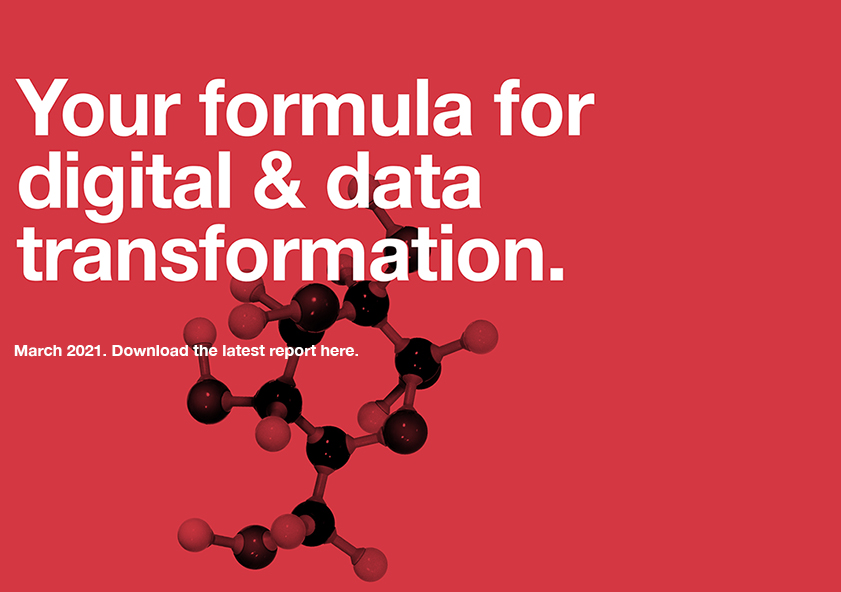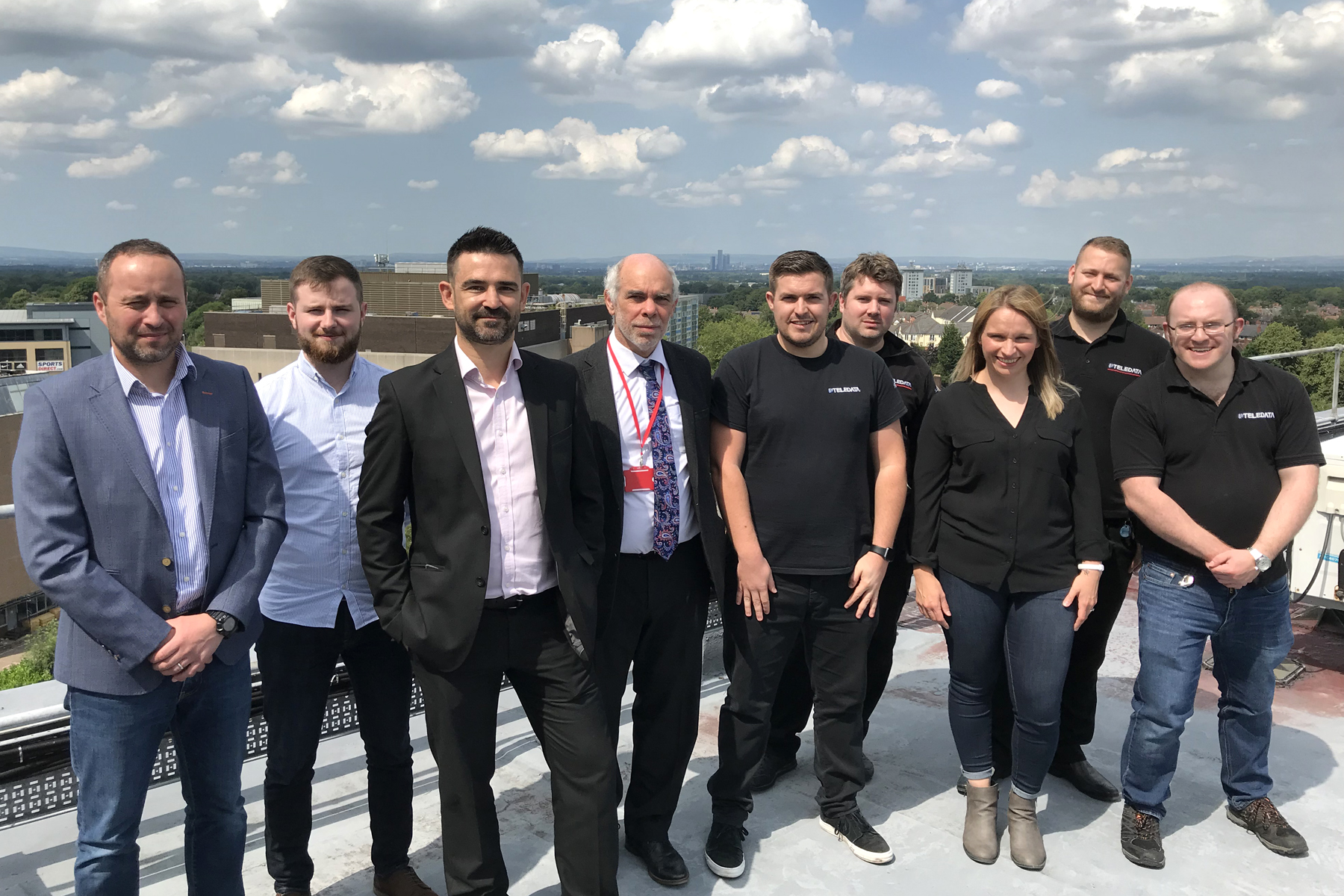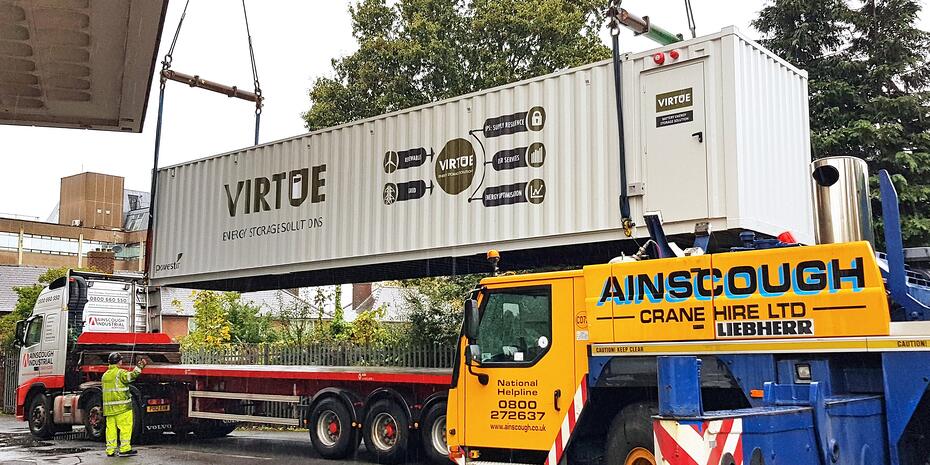
It’s time we all faced up to a few home truths.
Digital transformation has never been more important, but the fact of the matter is that most programmes under-deliver – or fail outright. By some measurements, just 5% meet the targets set. Harvard Business Review has estimated that $900 billion of the $1.3 trillion spent on transformation projects in 2018 was money down the drain.1
This simply isn’t good enough. We need to develop a new approach that gives more organisations better outcomes more often.
Companies are only too aware of the barriers to success. In research we commissioned earlier this year, 49% of C-suite respondents felt their organisation was unclear on how it would achieve its vision; the same percentage recognised that whilst delivery was effective in pockets, the overall experience was disjointed; 47% had concerns about its approach to strategy and decision-making; and 38% were unsure about which customers they should be serving in the future.
At ENGINE, we know that every business is unique in terms of its challenges, assets and opportunities; which means every project is too. Despite what some consultancies imply, there are no pat answers. You can’t buy transformation by the yard.
But we believe the code can be cracked. We’ve developed a new formula for transformation that’s already paying dividends for our clients; and we’re confident it can help your programme beat expectations too.
The formula addresses six of the most pressing questions faced in any transformation project:
- How do you maximise organisational focus? Your North Star may be robust and well-defined, but how do you articulate it in ways that direct and inspire every level of the business? How can communication be a springboard to building alignment and encouraging cross-function problem solving?
- Most companies have blind spots. One of the most common is an incomplete understanding of where they’re starting from. What is the best way to undertake a 360°, brutally objective review of your current position? Without rigorous self-appraisal, you’ll never have a firm grip on the scale or feasibility of the task ahead.
- Any business is comprised of 6 essential elements: brand, culture, customer, data, strategy and technology. It is the combination of these that defines its uniqueness and points the way towards the advantages it can unlock. How can you ensure each of the elements is given due and equal consideration, and guard against an organisational bias towards one or two of them?
- How do you establish the correct ratios between the six elements when allocating resources, and how do you prioritise those with the greatest potential to create opportunity and drive growth? Furthermore, how do you ensure you adhere to these ratios throughout the lifetime of the project in order to prevent any one element sucking up an unfair share of time and budget?
- No transformation plan can be set in stone. It needs to evolve in response to new learnings, changes in the competitive context or the emergence of superior tools and technologies. How can you apply the scientific method to every workstream, developing hypotheses that predict its likely impact and then using real-world testing to check the accuracy of your predictions?
- The ecosystem of any company is highly complex, and meaningful change in one part will inevitably bring knock-on effects elsewhere. These by-products can be hard to foresee, and many will be negative. How do you evaluate where, how and to what extent transformation may bring cultural, operational or commercial downsides?
Answering these six questions is fundamental to delivering an effective transformation: one where enhanced ways of working, more efficient processes, improved digital systems and superior multichannel customer experiences come together to accelerate growth.
ENGINE’s new white paper, “Finding your formula for digital transformation”, explores each question in detail. It lays out the formula in full, the insights behind it and the practices required to put it into action.
The paper also includes the key findings from our recent research; an overview of some of ENGINE’s proprietary tools; and a series of case studies that show why some transformation programmes exceed expectations - whilst others fail miserably.
You can download your copy here now.
Alternatively, please feel free to drop me a message if you would like to discuss further.









